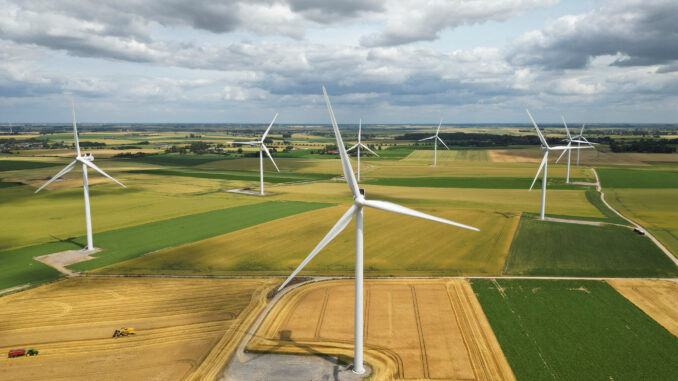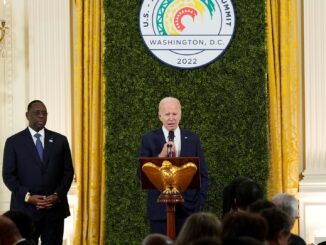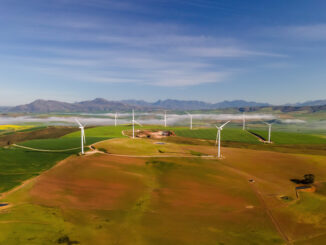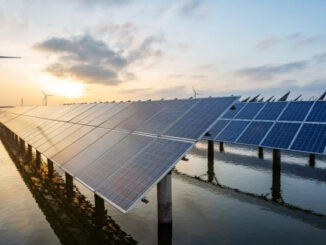
MILAN, June 27 (Reuters) – Investment on energy transition is currently too focused on few technologies and countries, the International Renewable Energy Agency (IRENA) said in its 2023 outlook.
In a new assessment of efforts to meet key Paris accord target of limiting global warming to 1.5 degrees Celsius, the agency said the energy transition was currently “off-track”.
It called for higher and more diversified investment both by states and private investors.
This recommendation may prove controversial among energy transition advocates with environmental organisations generally asking governments to focus available funding on the few technologies currently considered more promising.
IRENA statistics help governments elaborate scenarios on funding needed for reaching global transition goals.
Investment in renewable energy reached $500 billion in 2022, IRENA said, adding that this was around one-third of the average investment needed each year to comply with the Paris accord.
In addition, most investments were in solar photovoltaic and wind power, with 95% channelled toward these technologies last year.
“Greater volumes of funding need to flow to other energy transition technologies such as biofuels, hydropower and geothermal energy, as well as to sectors beyond power such as heating and transport,” IRENA said.
IRENA said that some 75% of global investment in renewables from 2013 to 2020 came from the private sector, adding that private capital tends to flow to the technologies and countries with the least associated risks.
“Public funding is urgently needed to invest in basic energy infrastructure in the developing world, as well as to drive deployment in less mature technologies,” the agency said.
IRENA said that 85% of global renewable investment benefited less than 50% of the world’s population last year.
“A concerning trend is the geographic concentration [of energy transition progress], which remains limited to a few countries and regions. This pattern has excluded almost half of the global population, and particularly those in countries with significant energy access needs,” said IRENA Director-General Francesco La Camera.
Source: Reuters.com



